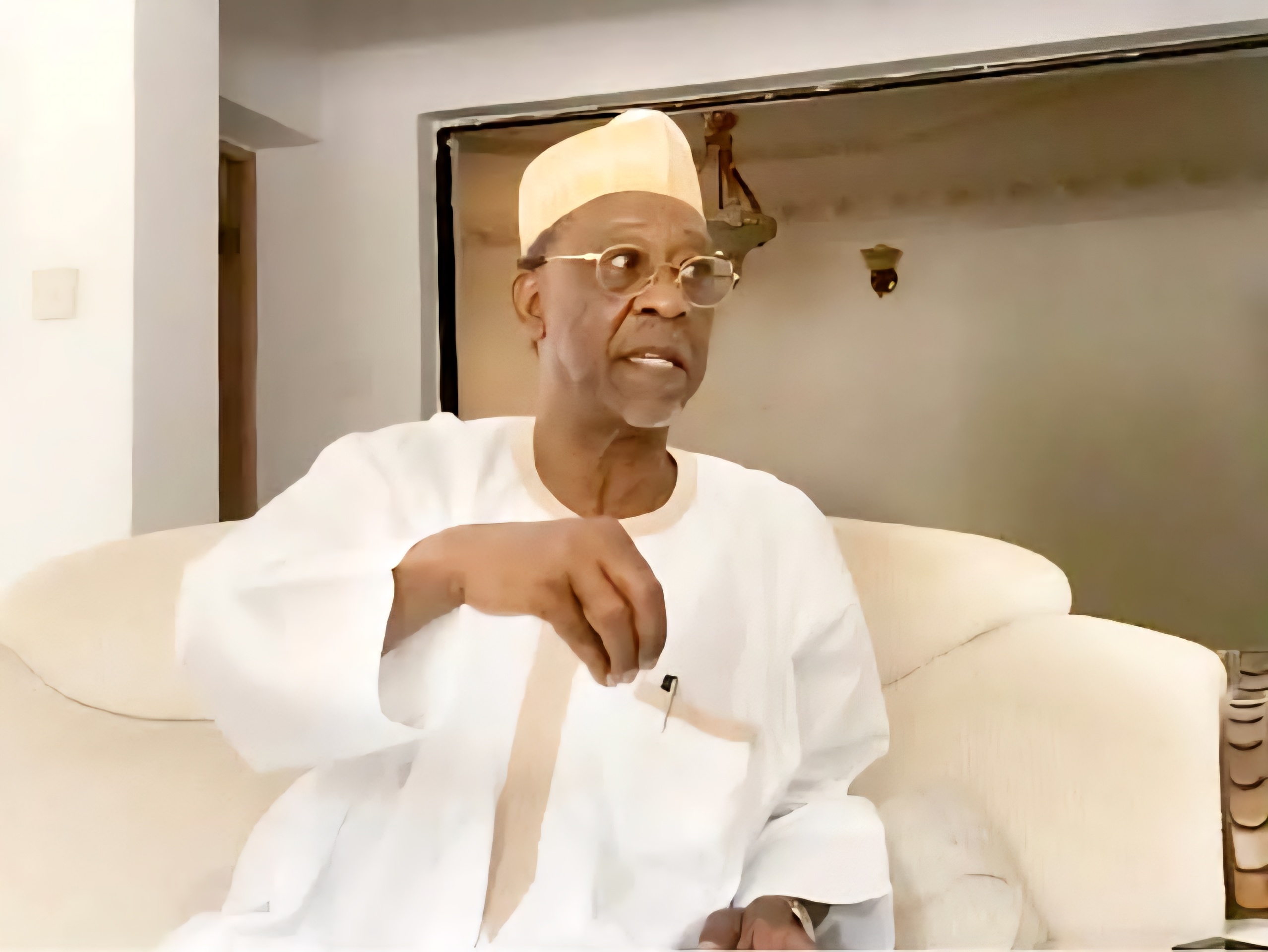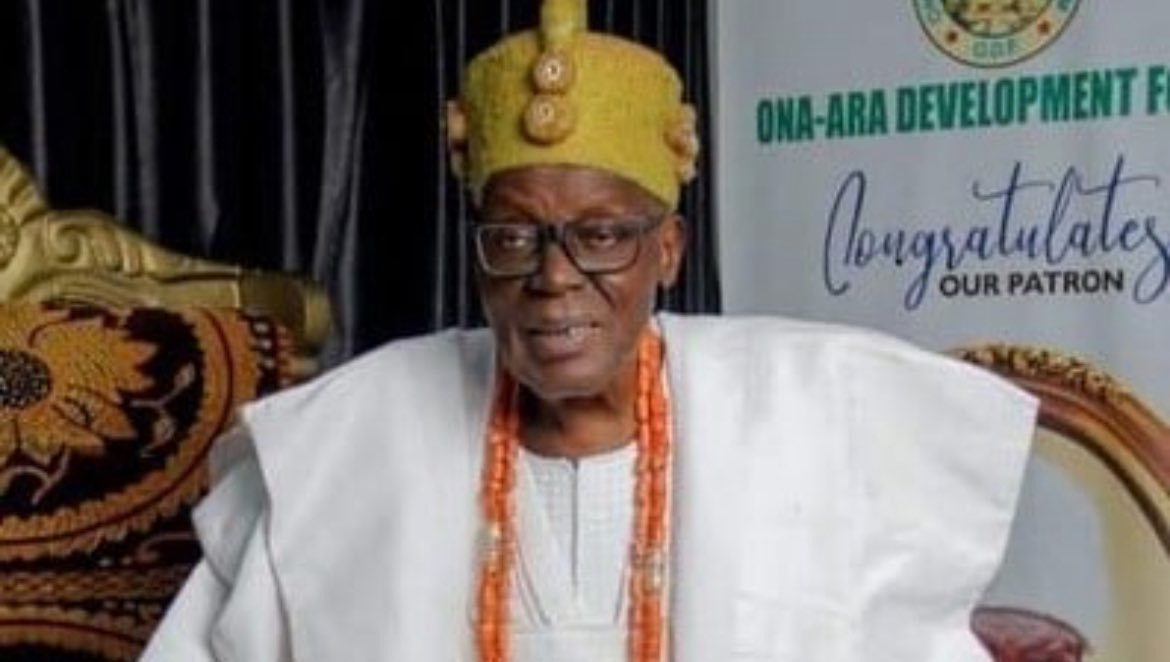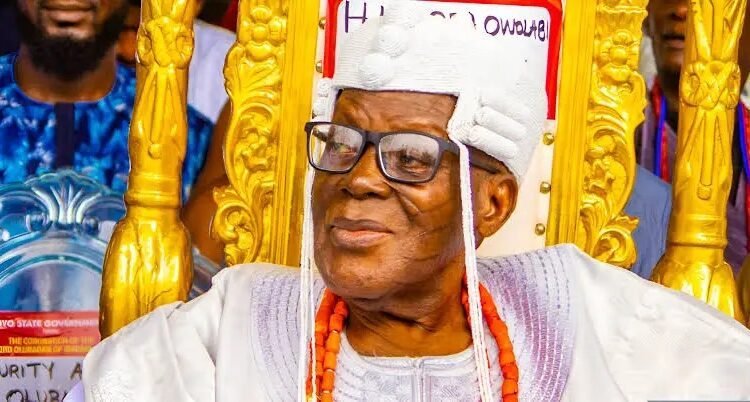
PDP Rocked to Its Core as Founding Chieftain Adamu Waziri Dumps Party for ADC

In what is being described as a devastating blow to the already embattled Peoples Democratic Party (PDP), one of its founding fathers and a respected member of the Board of Trustees (BoT), Dr. Adamu Maina Waziri, has announced his resignation from the party. The former Minister of Police Affairs has officially dumped the PDP and declared his allegiance to the African Democratic Congress (ADC), citing a complete loss of ideological direction and moral compass within the PDP.
Waziri’s exit marks a seismic shift in the opposition landscape, sending tremors across Nigeria’s political corridors just as the nation begins to prepare for the 2027 general elections. A founding figure of the PDP who has been a loyal member since its inception in 1998, Waziri’s departure is not merely symbolic — it is damning. In a statement released to the press, Waziri did not mince words: “The PDP has lost its way and no longer represents credible opposition to those who hold power. The party that once stood for the people has become a shadow of itself.”
The shock announcement came alongside the resignation of his ward chairman, Alhaji Muhammad Bomai, who also defected to the ADC. The dual departure from both a national figure and a grassroots leader underscores what appears to be a coordinated exodus — or at least the beginning of one. While several political analysts have speculated about cracks within the PDP’s foundation, this move by Waziri provides the most visible evidence that the internal decay may be irreversible without drastic reform.
Adamu Waziri’s stature within the PDP cannot be overstated. A close ally of former presidents and one of the key architects of the party's early strategy, Waziri served in various critical roles under the PDP-led administrations and remained an influential figure even after the party lost power in 2015. His defection to the ADC — a relatively smaller opposition party — has stunned party loyalists, many of whom considered Waziri one of the few elders capable of navigating the PDP through its many internal crises.
The PDP, once the dominant political force in Nigeria, has struggled to recover its footing after its historic loss to the All Progressives Congress (APC) in 2015. Since then, the party has been mired in leadership tussles, corruption allegations, and an inability to present a unified front during crucial electoral periods. In recent years, public confidence in the PDP has declined significantly, with accusations that the party is indistinguishable from the very government it claims to oppose.
Waziri’s exit seems to confirm that narrative. “An opposition must offer hope, must show clarity, and must have the courage to stand up for Nigerians in moments of national failure,” he said. “The PDP is no longer equipped to do that. It has become complacent, transactional, and increasingly irrelevant.” He described the ADC as “a home for progressives who still believe in service, values, and grassroots empowerment.”
While many viewed the ADC as a minor player on Nigeria’s political chessboard, Waziri’s entrance may begin to change that perception. His move could draw other prominent figures — especially disillusioned PDP stalwarts — into the ADC’s fold, creating what one analyst has described as a “potential third-force resurrection” ahead of 2027. Already, whispers in political circles suggest that more high-profile resignations from the PDP may be imminent, particularly in the North-East geopolitical zone where Waziri commands considerable influence.
Waziri’s political base in Yobe State is also crucial. A defection of this magnitude from a state that has long been a PDP battleground, even under the APC’s dominance, may embolden other actors at the ward, local government, and state levels to re-evaluate their affiliations. “This is not just about one man leaving a party,” a source within the PDP told reporters. “It’s about the dismantling of what little structure we had left in certain parts of the country.”
Meanwhile, the PDP has yet to issue a formal statement in response to Waziri’s defection. However, a party official who spoke on condition of anonymity admitted the development was “deeply concerning.” He added that “the silence from the national leadership is creating confusion and disillusionment across our state chapters. We cannot afford to keep losing our elders without a clear plan.”
The ADC, on the other hand, welcomed Waziri with open arms. In a brief statement, the party hailed him as “a visionary and courageous leader who embodies the change Nigeria desperately needs.” Party chairman Ralph Okey Nwosu expressed confidence that Waziri’s wealth of experience and deep political network would help reposition the ADC as a credible alternative ahead of the next election cycle.
It is unclear what Waziri’s next political move will be, but many believe he may take on a strategic leadership role within the ADC to help restructure its national outlook and deepen its appeal. Some have speculated about a possible presidential or vice-presidential ambition, while others believe he may focus on mentoring a new generation of reform-minded politicians within the party.
What is certain, however, is that Adamu Waziri’s departure from the PDP is a moment of reckoning not only for the party but for Nigeria’s opposition politics as a whole. In a nation where democracy thrives on robust alternatives, the weakening of the PDP — once seen as the only viable opposition to the ruling APC — could tilt the political balance dangerously toward one-party dominance unless new coalitions emerge.
As the 2027 elections loom on the horizon, Nigeria appears poised for another chapter of political realignment. Whether Waziri’s defection will inspire a larger movement toward the ADC or trigger a fresh internal revolution within the PDP remains to be seen. But for now, one thing is clear: the foundation of the PDP has been shaken, and the political map of Nigeria may never look the same again.

